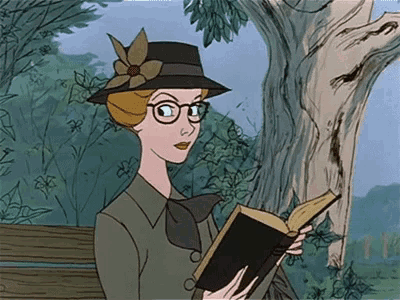The election of Donald Trump in 2016, the White Supremacist march in Charlottesville, VA, in 2017, the separation of immigrant families at the U.S. southern border, and many other events have been a terrible wake up call to the moral decay that has infected the highest levels of our government. Though popular imaginations of Christianity in America have Christians being some of the strongest supporters of Pres. Trump, what the media too often fails to notice is the large numbers of faithful Christians throughout the country who are just as appalled by recent events as other Americans are, but perhaps more so as it seems to cut to the very heart of everything the gospel of Jesus Christ is suppose to oppose.
Jim Wallis is one such prominent Christian thinker and activist who has been calling on Christians in America not, as he puts it, to go left or right, but to go deeper into faith. In this incredibly timely book, Rev. Wallis examines the core questions at the heart of the Gospel message and applies the answers to our current political time.
Inspired by the
Reclaiming Jesus Movement that was kicked off in 2018, Rev. Wallis takes a deep dive into the Gospel and our current political environment (I highly recommend you visit the website as well as watch
their video statement for more information). In a time where lies, corruption, and authoritarian actions at the highest levels of our government seem to define our daily headlines, Rev. Wallis gives the morally clearest statement of how Christians should respond to the times from anyone inside our outside the faith I have ever read. And the fact that this book is centered on the strong moral principles taught in the Bible, as exemplified in Matthew 5 & 25, of loving your neighbor as yourself is deeply stirring. As I wrapped up reading this book over the course of the Lenten season (and using a
Lenten study guide to do so), I have been deeply stirred to "be transformed by the renewing of my mind" (
Romans 12:2). The lessons I have learned from this book as well as the many other resources
Sojourners has provided will be sitting with me for a long time.
This book will not appeal to everyone, unfortunately. For those who are already "ride or die" for Pres. Trump will be turned off by Rev. Wallis's unrelenting criticism of him and his administrations. There were one or two places where I thought that even Rev. Wallis was starting to lose sight of his topic, but his long criticisms always have the point of contrasting what is happening in our country and government to what the Gospel calls Christians to be and how to act at all times. I also fear that the closeness of some Christian denominations to right and far right politics will turn off others from reading a book on social justice in our present times with Jesus at its center. On top of that, depending on how the 2020 presidential election shakes out what the future of America holds post-Trump, this book and its social critiques may have a limited shelf life.
That said, this is a deeply moving call to action and social justice to Christians in America and around the world. Whether you are Christian or not, American or not, pro-Trump or not, I wish everyone would read this book and "go deeper" into the Gospels. The country is in need of strong moral clarity and Rev. Wallis provides it in this book.








